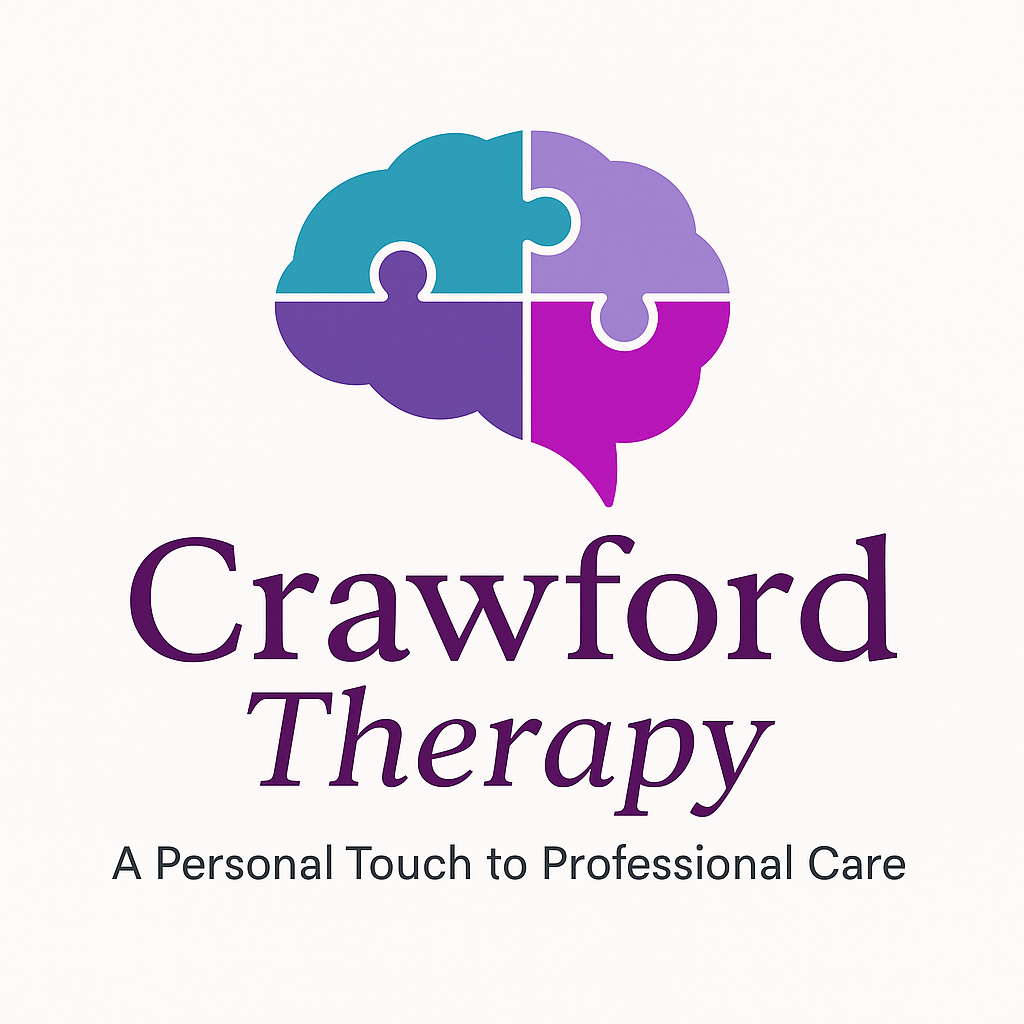What is Life-Coaching?
Life-coaching is a professional service that helps individuals achieve their personal and professional goals. It involves setting clear objectives, creating action plans, and providing motivation and accountability.
How it Negatively Affects Your Life:
Without clear direction and support, individuals may struggle with goal setting, decision making, and personal growth. This can lead to stagnation, frustration, and a lack of fulfillment. Unaddressed barriers and limiting beliefs can hinder progress in various areas of life, including career, relationships, and self-development.
How Treatment Helps:
Life-coaching provides structured guidance to help individuals clarify their goals, identify obstacles, and develop actionable plans. Coaches offer motivation, accountability, and support to help clients stay focused and achieve their objectives. Life-coaching enhances self-awareness, confidence, and overall life satisfaction by empowering individuals to take control of their personal and professional development.
